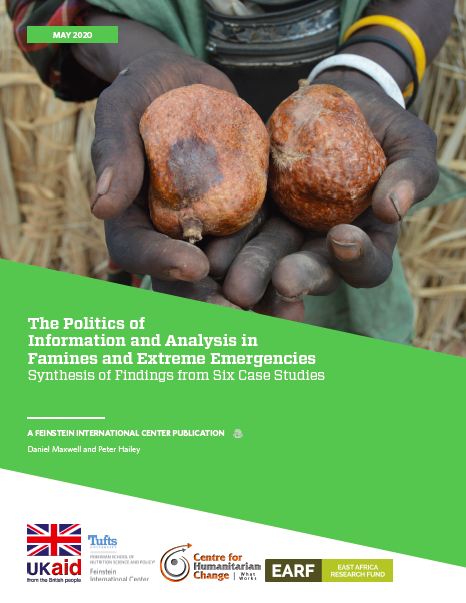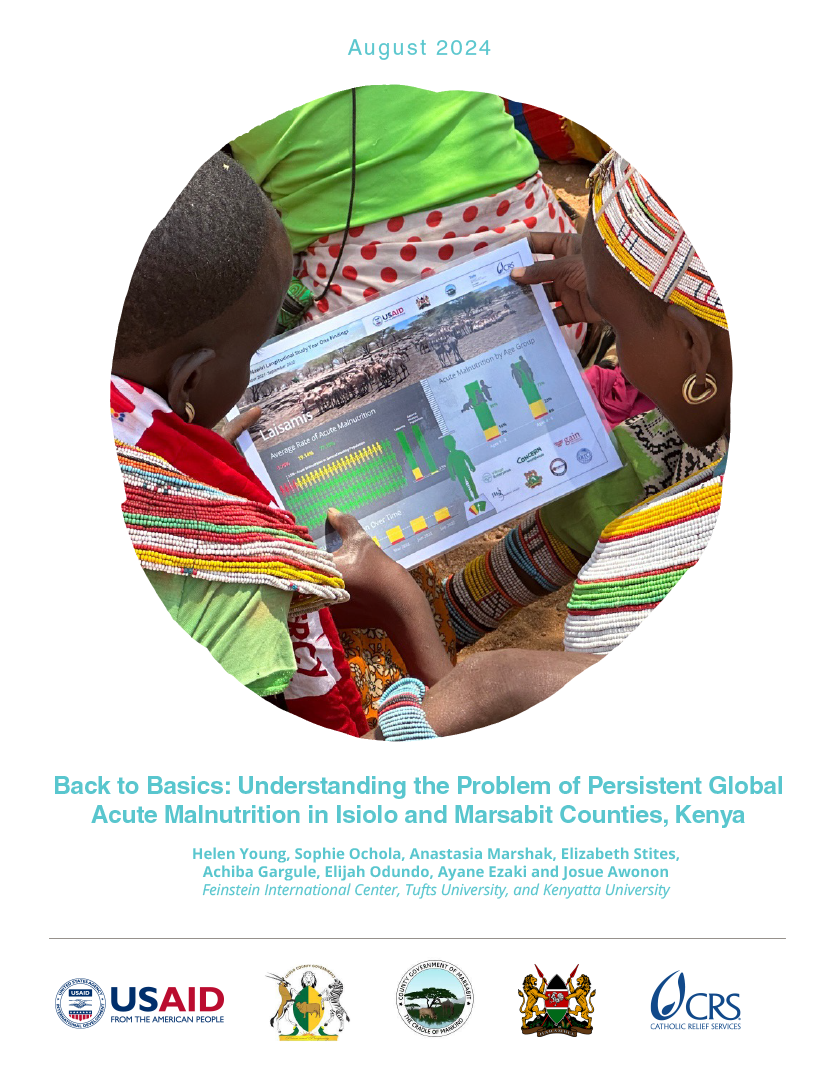The ability to predict and analyze famine has improved sharply in the past fifteen years. However, the political influences on data collection and analysis in famine and extreme food security emergencies continue to limit evidence-based prevention and response. In many emergencies, good quality data are not readily available, which makes it easy to undermine analysis processes and distort findings. In some cases, these processes are even shut down for political reasons. Sometimes governments or armed groups are the party influencing results for political ends. But it can also be agencies, donors, and even local leaders.
This study documents those political influences, synthesizing findings from six different country case studies (five of which have been considered at risk of famine in recent years), noting separate influences on data collection and on analysis processes and the way these play out. Famine analysis will never be free of political influences, but this study recommends good practice for better managing political influences.
Researchers from the Feinstein International Center and the Centre for Humanitarian Change in Nairobi jointly wrote this report.
The six country studies are available here:







